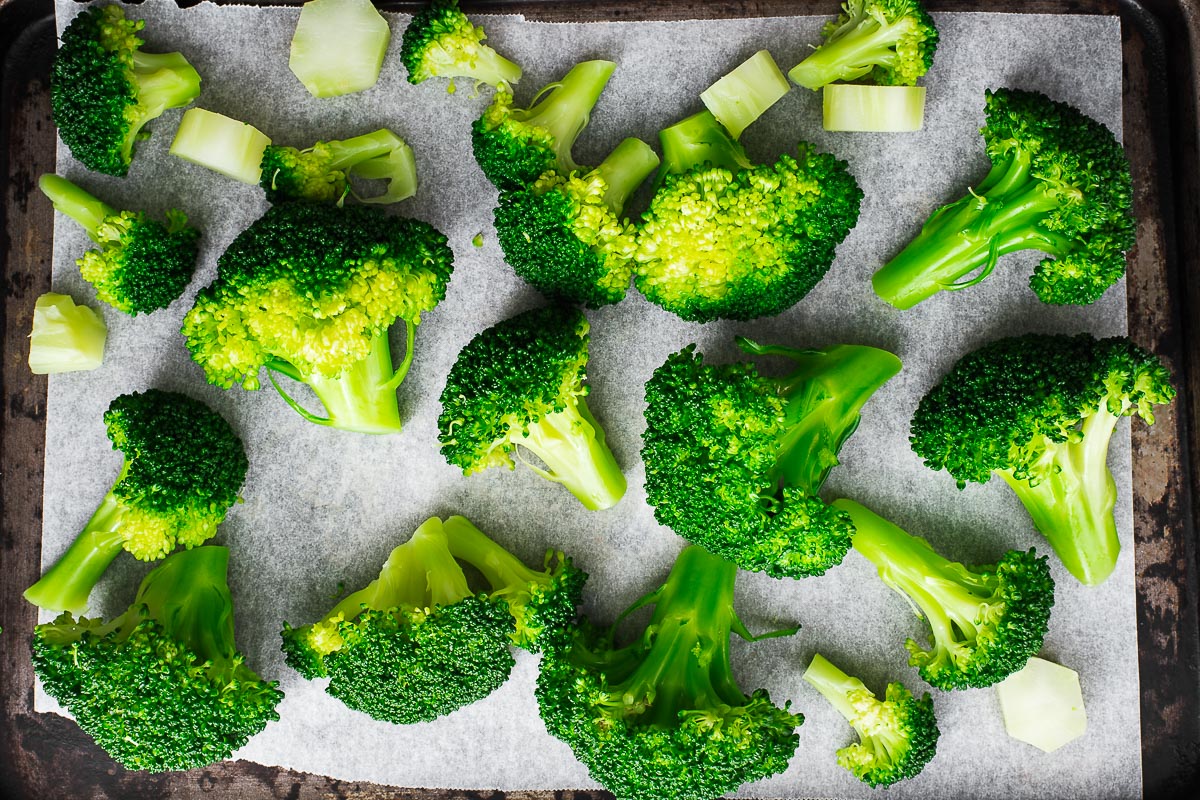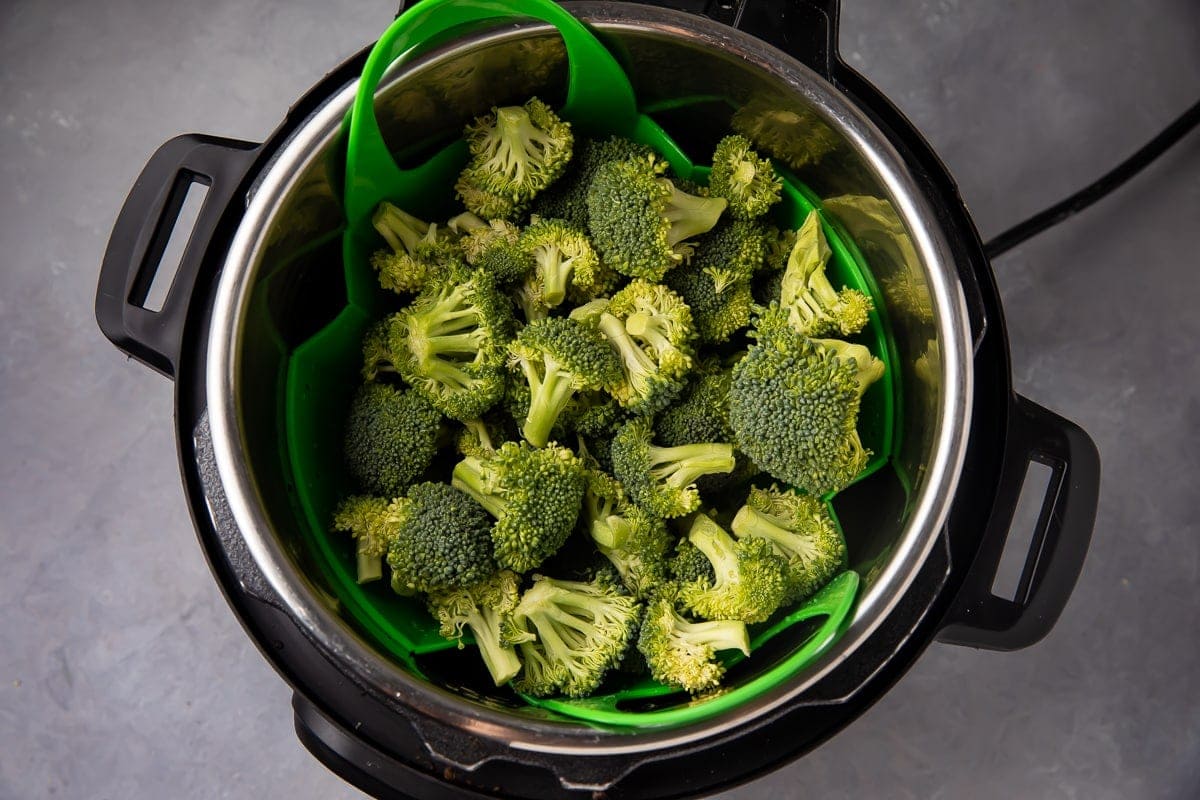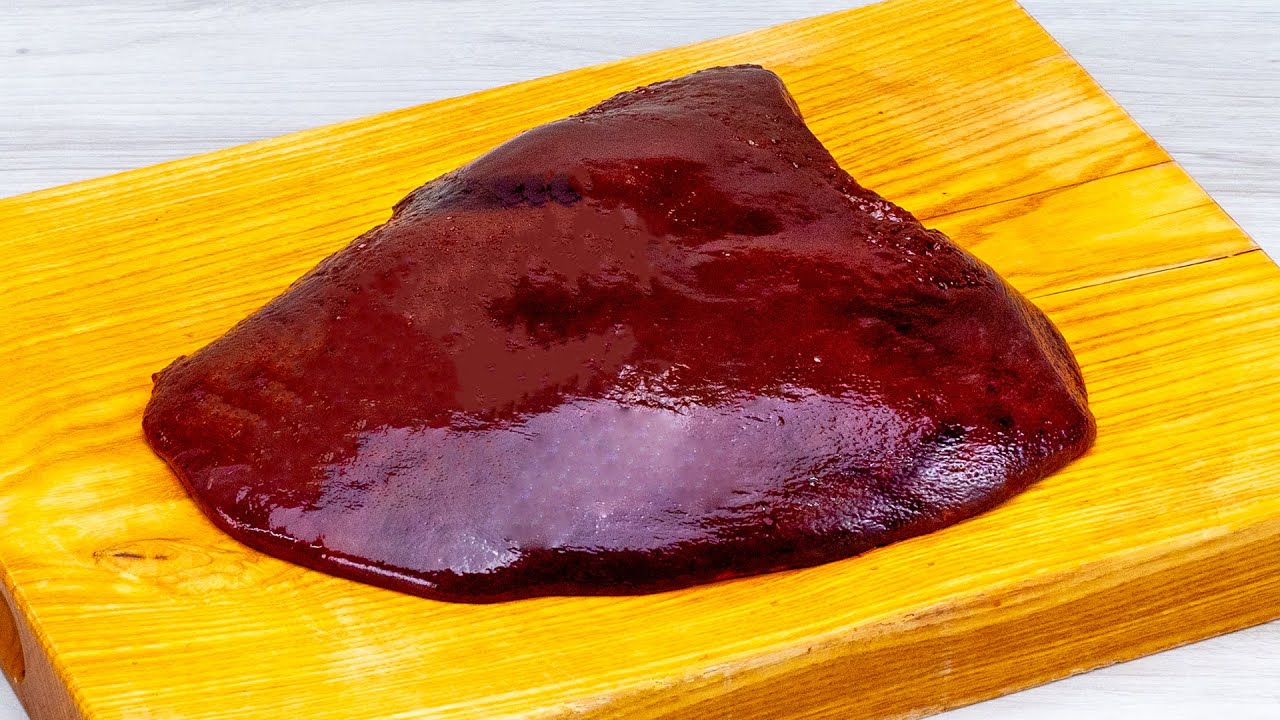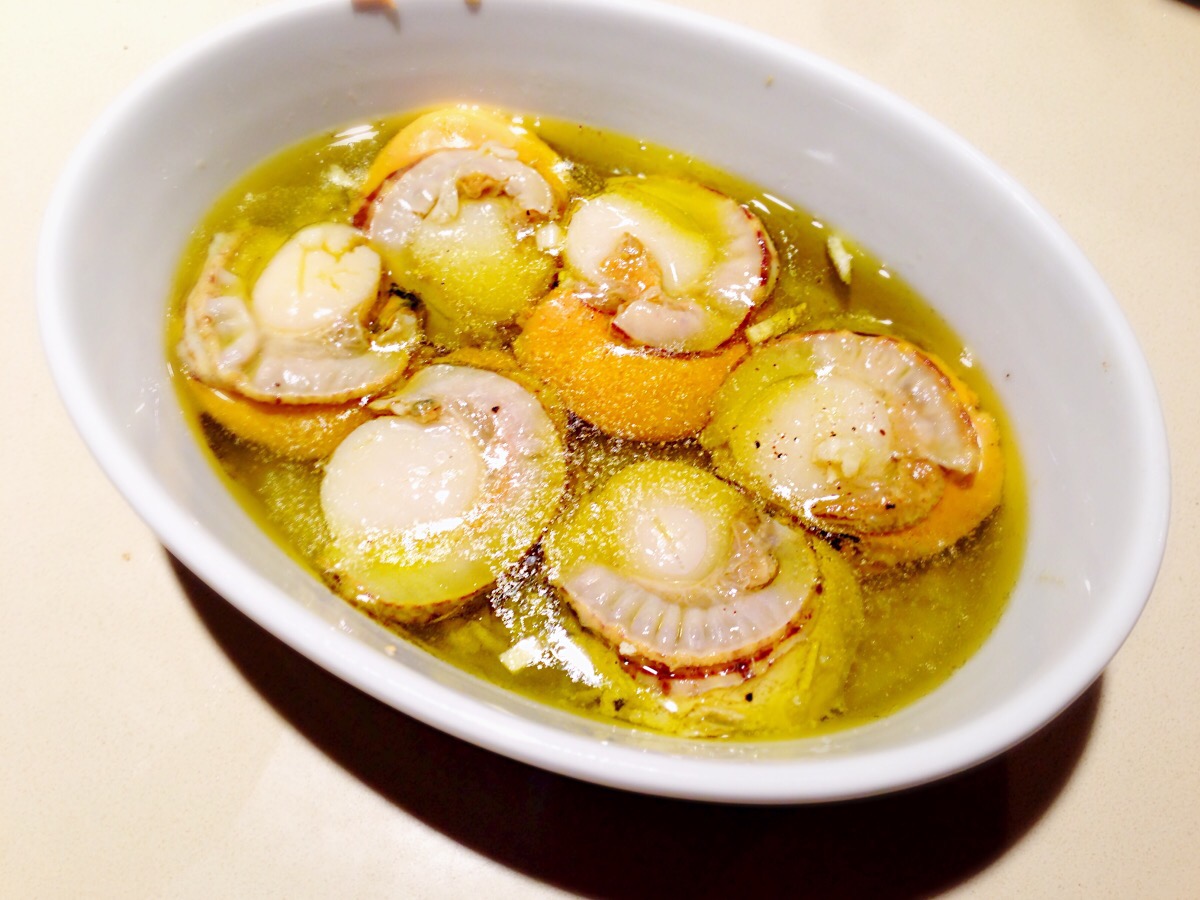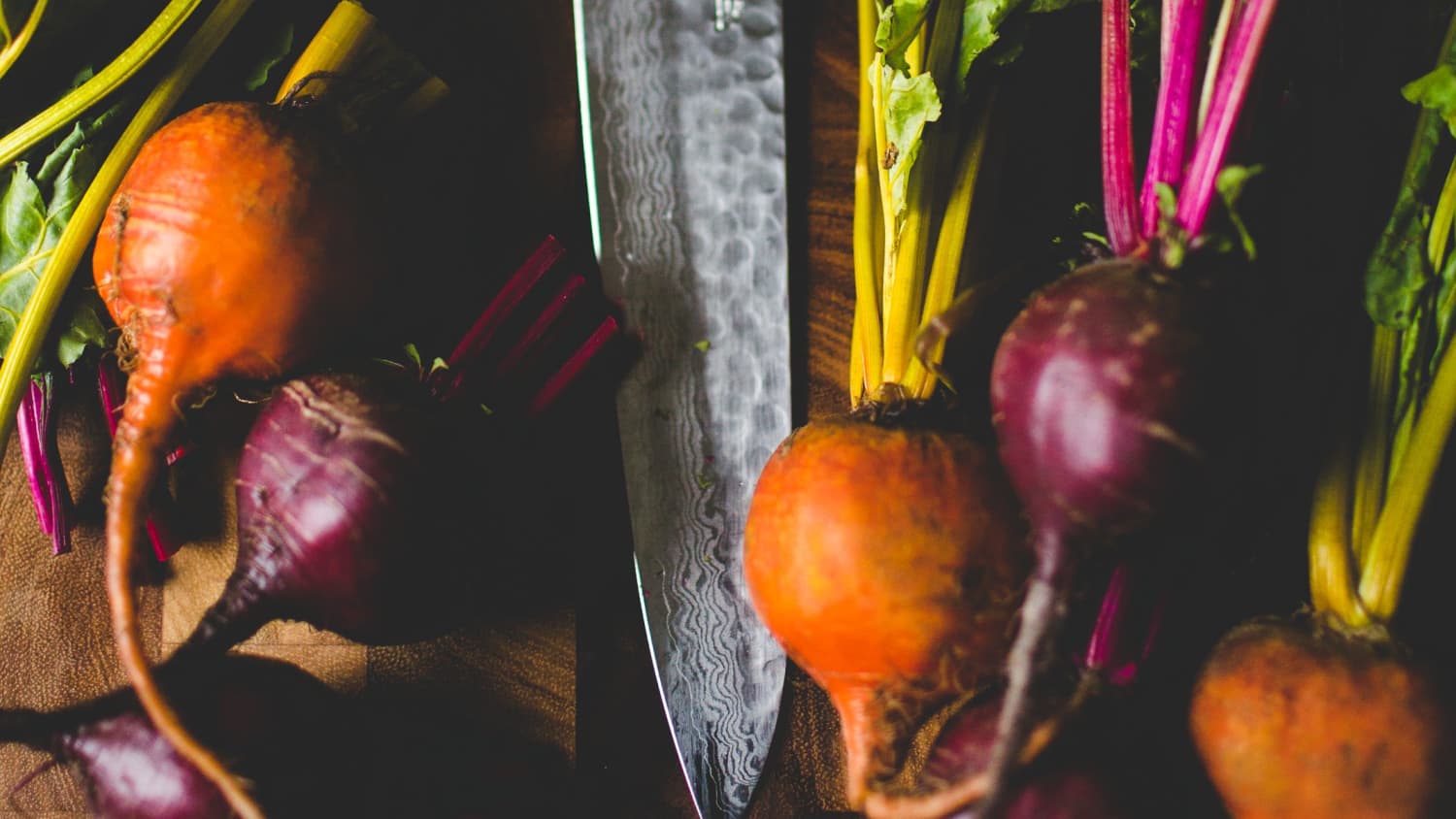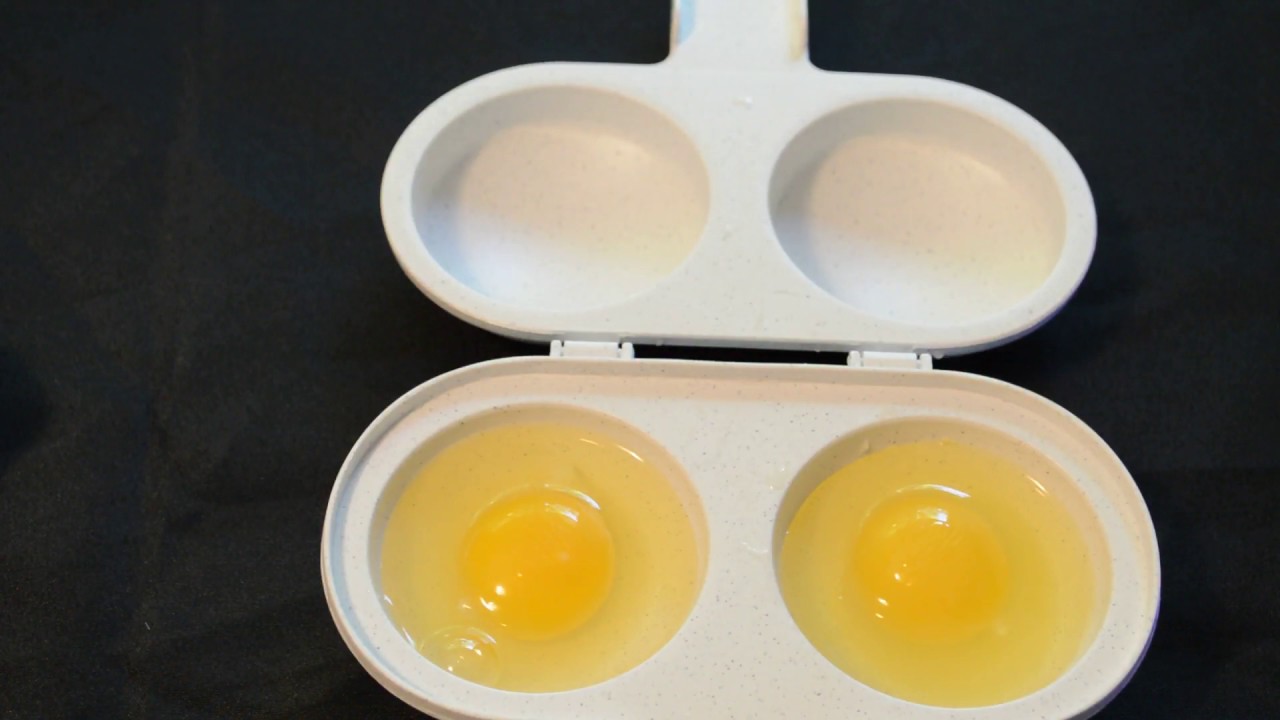Blanching frozen broccoli is a simple, yet effective way to preserve its vibrant color, texture, and nutrients before using it in various dishes. This process involves briefly boiling the broccoli and then plunging it into ice water to halt the cooking process. Perfect for meal prep or making sure your greens stay fresh and tasty, blanching is a technique every home cook should master. Whether you're looking to add some greens to a stir-fry, salad, or just serve them as a healthy side, this guide will walk you through the steps to achieve perfectly blanched frozen broccoli every time.
Gather Your Ingredients for Blanching Frozen Broccoli
- Frozen broccoli florets
- Large pot of water
- Salt
- Ice
- Bowl filled with ice water
Essential Tools for Blanching Broccoli
- Large pot
- Colander
- Slotted spoon
- Large bowl
- Ice
Blanching frozen broccoli revitalizes its texture and color. Simply boil for 90 seconds, then plunge into ice water. This process enhances flavor, making veggies perfect for salads or side dishes.
The Benefits of Blanching Frozen Broccoli
Blanching frozen broccoli is a technique that preserves its vibrant color, texture, and nutrients. This process involves briefly boiling the broccoli and then plunging it into ice water. Such a method stops the cooking process immediately, ensuring that the broccoli remains crisp and retains its nutritional value when later used.
Why we do it centers around enhancing the broccoli's quality for future meals. Blanching deactivates enzymes that cause spoilage, extending the vegetable's shelf life in the freezer. This step is crucial for maintaining the broccoli's freshness and taste, making it a ready-to-use ingredient that's as close to its natural state as possible.
Your Step-by-Step Guide to Blanching Frozen Broccoli
Step 1: Prepare Your Equipment
- Gather a large pot, colander, and slotted spoon.
- Fill the pot with water, ensuring there's enough to cover the broccoli.
- Bring water to a rolling boil over high heat.
Step 2: Prep the Broccoli
- Remove frozen broccoli from packaging. No need to thaw.
- If pieces are large, consider cutting them into smaller, uniform sizes for even blanching.
Step 3: Blanching Process
- Carefully add frozen broccoli to boiling water.
- Let broccoli boil for 1-2 minutes for florets, 3 minutes for stems.
- Stir occasionally to ensure even cooking.
Step 4: Ice Bath
- While broccoli blanches, prepare an ice bath in a large bowl.
- Fill with cold water and a generous amount of ice.
Step 5: Cooling Down
- Use the slotted spoon to transfer broccoli from boiling water to the ice bath immediately after blanching.
- Ensure broccoli is submerged in the ice bath for the same amount of time it was boiled.
- This step stops the cooking process, preserving color, texture, and nutrients.
Step 6: Draining
- After cooling, drain broccoli well in the colander.
- Gently shake to remove excess water.
Step 7: Drying
- Lay out a clean kitchen towel or paper towels.
- Spread blanched, cooled broccoli in a single layer.
- Pat dry to remove any remaining moisture. This is crucial to prevent freezer burn if freezing for later use.
Step 8: Use or Store
- Your blanched broccoli is now ready for immediate use in salads, stir-fries, or as a healthy side dish.
- For storage, place dried broccoli in airtight containers or freezer bags.
- Label with the date and return to the freezer for future use.
Mastering the Art of Blanching Frozen Broccoli
Blanching frozen broccoli isn't just a step in cooking; it's a game-changer for preserving color, texture, and nutrients. Whether you're prepping meals for the week or looking to elevate your side dishes, mastering this simple technique can make all the difference. Remember, boiling water for just a minute or two is all it takes, followed by an ice bath to halt the cooking process. This method ensures your broccoli remains vibrant and crisp, ready to be added to any dish or frozen for future use. So, next time you've got a bag of frozen broccoli and you're aiming for that perfect crunch and color, give blanching a go. It's a straightforward process with results that speak for themselves, making your dishes stand out in both flavor and presentation.
For those looking to master the art of blanching frozen broccoli, there are some fantastic recipes you can try. Start with the Broccoli Alfredo Pasta for a creamy, satisfying dish that pairs perfectly with blanched broccoli. If you prefer something hearty, the Broccoli and Cheese Casserole is a must-try, offering a comforting blend of flavors. For a fresh, crunchy option, the Broccoli Salad with Bacon and Raisins adds a delightful twist with its sweet and savory combo. If you're in the mood for something protein-packed, the Broccoli and Beef Stir-Fry is a great choice, combining tender beef with crisp-tender broccoli. Lastly, don’t miss out on the Broccoli Cheddar Stuffed Baked Potatoes, which makes for a delicious and filling meal. Each of these recipes showcases how blanched broccoli can elevate your dishes, making them both nutritious and delicious.
Common Questions About Blanching Broccoli
Why should I blanch frozen broccoli?
Blanching frozen broccoli helps in preserving its bright green color, texture, and nutrients. This quick process also ensures your veggies are partially cooked, making them ready to toss into any dish for a quick and healthy addition.
What's the best way to blanch broccoli?
Start by boiling a large pot of water. Once boiling, add your frozen broccoli and let it cook for about 2-3 minutes. Immediately after, plunge the broccoli into ice water to stop the cooking process. Drain well before using or storing.
Can I blanch broccoli without a blanching basket?
Absolutely! While a blanching basket makes the process easier, you can simply use a slotted spoon or a sieve to add and remove the broccoli from the boiling water. Just be careful not to burn yourself.
How long should broccoli be left in ice water after blanching?
Keep your broccoli in the ice water for the same amount of time it was in the boiling water, usually about 2-3 minutes. This ensures the cooking process halts completely, maintaining that perfect crunch.
Is blanching frozen broccoli necessary before stir-frying?
While not strictly necessary, blanching your broccoli before stir-frying can be a game-changer. It ensures the broccoli is evenly cooked, vibrant, and ready to soak up all the flavors of your stir-fry sauce.
Can I blanch a large batch of broccoli and store it?
Sure thing! After blanching and cooling your broccoli, dry it thoroughly. Then, spread it out on a baking sheet to freeze individually. Once frozen, transfer the broccoli to freezer bags. This method prevents clumping, making it easy to grab just what you need for future meals.
What's the difference between blanching fresh and frozen broccoli?
Blanching fresh broccoli requires a bit more time in boiling water, typically 3-5 minutes, due to its firmer texture. Frozen broccoli, on the other hand, has been partially cooked during the freezing process, so it needs less time in the boiling water to achieve the desired texture.



